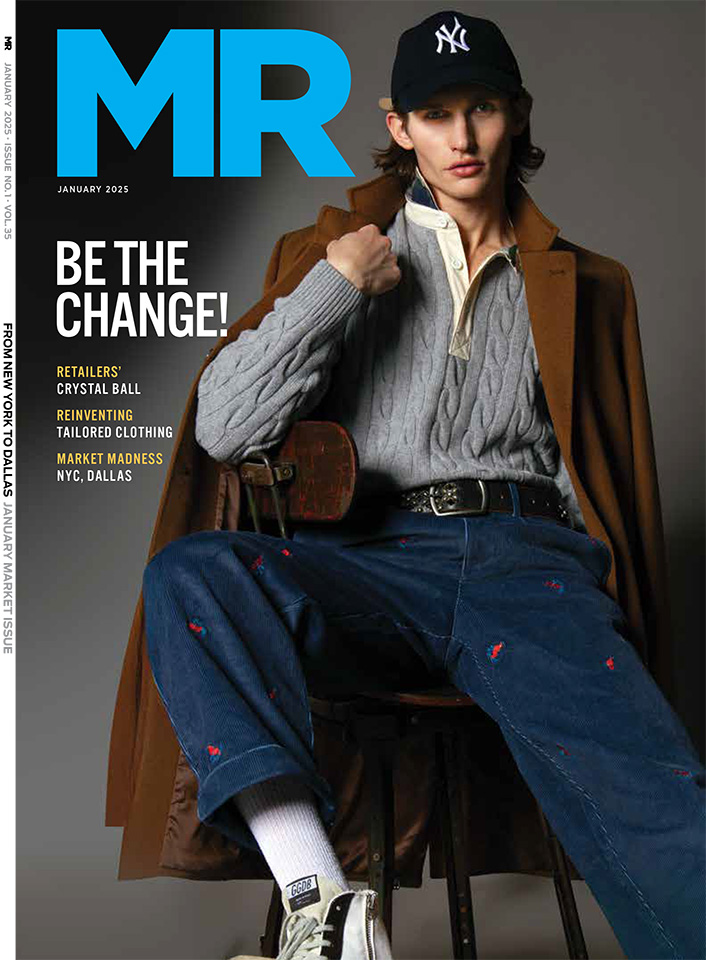Who Wins When Fashion Gets Political?

The print on the dress keeps going, over and over, in bathroom graffiti script at a can’t-miss-it font size. Maybe the model wearing the dress felt the rage in that statement as she strutted down the runway during Fashion Week in Paris last fall. Clearly the creators of the dress, from New York–based label R13, have some feelings about America’s current president. Or maybe it was just a calculated moment of IRL hashtag activism. Fashion is supposed to be a reflection of its times, and shouting angrily into the void is very 2017. Across the past two Fashion Weeks—September 2016 and June 2017—we’ve seen Public School’s models wear hats and tops that read “Make America New York,,” Prabal Gurung tees with phrases like “Girls Just Want to Have Fundamental Rights,” and designer Robert Geller appear in a sweatshirt embroidered with a single supercharged word: “Immigrant.” These cases are only a small sampling from a fashion world that’s been at least as politically engaged as you were during your freshman year of college. Dating back to last September, I counted 22 brands, including the likes of Dior and Jeremy Scott, that put a political message on a piece of clothing—and that doesn’t include the more than 80 brands involved in various projects like the CFDA’s #IStandWithPlannedParenthood or Business of Fashion’s #TiedTogether. (It also doesn’t include brands that made symbolic political gestures, like Mara Hoffman, who opened her show with leaders from the Women’s March. This is only brands that produced political items that could be sold for money, because those are the ones generating revenue directly from their “wokeness.”) “I’ve gotten the best reaction from my retail partners like Bergdorf, Saks, Neiman, Nordstrom,” Gurung told CNN about his politically charged collection. Read more at GQ.

